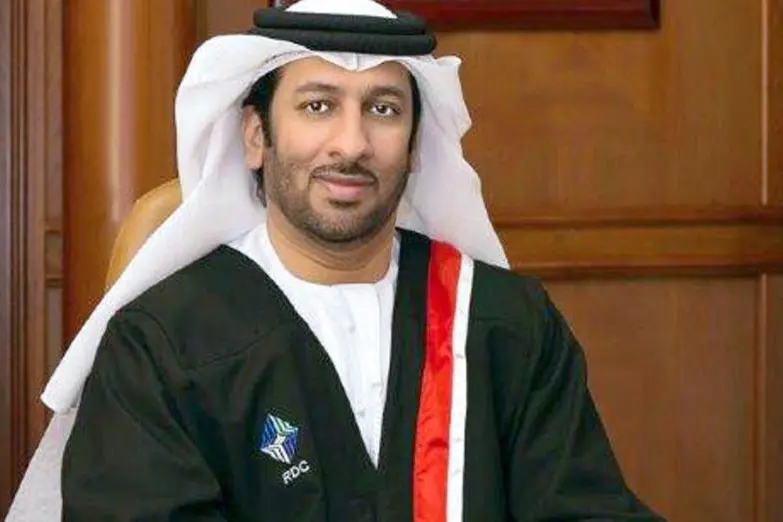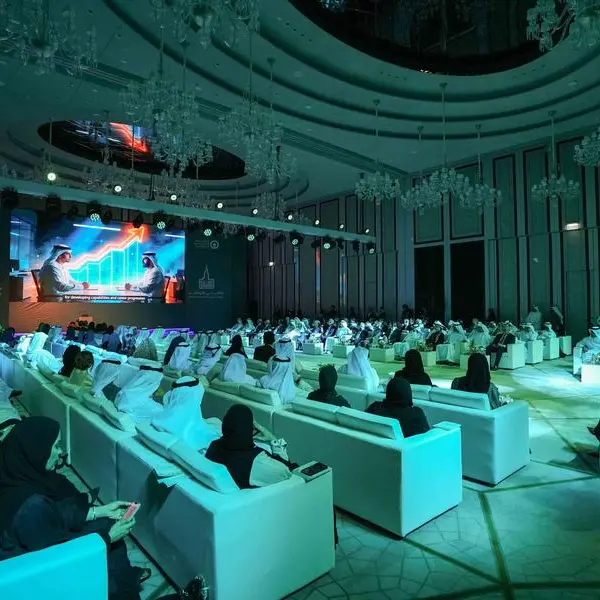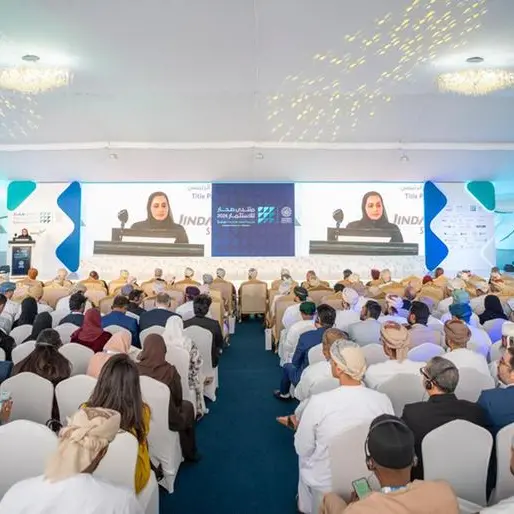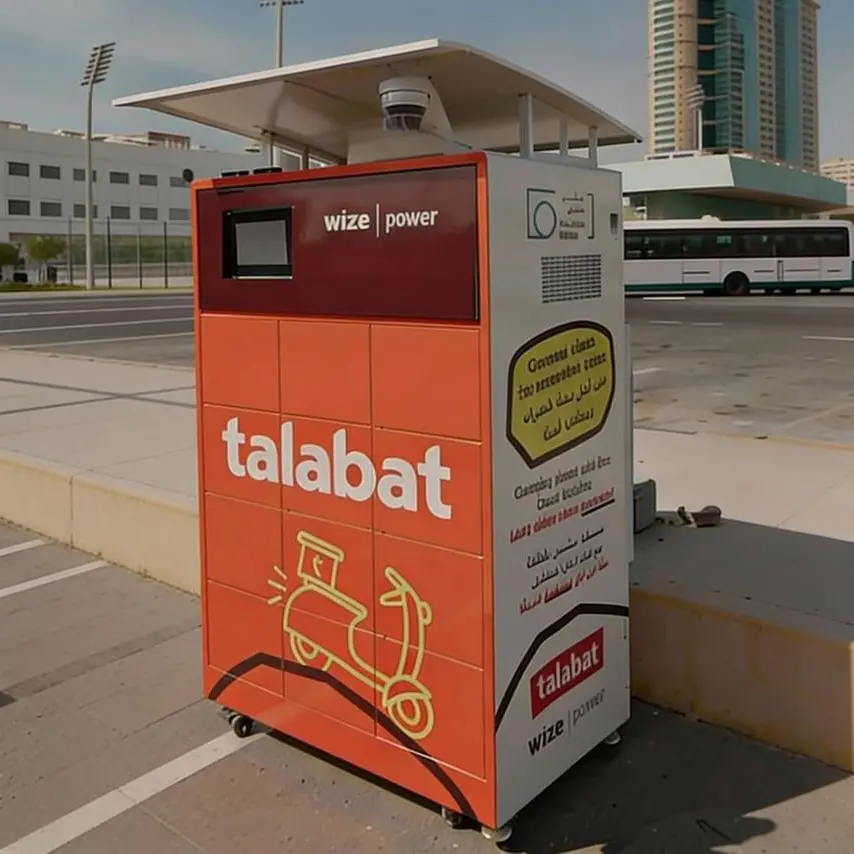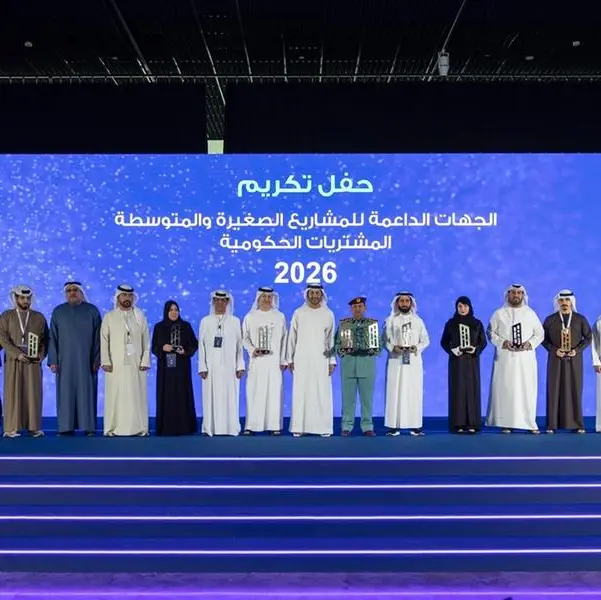PHOTO
Dubai, United Arab Emirates: As a reflection of the humanity that characterises Dubai, the Yad Al Khair committee of Dubai’s Rental Disputes Center (RDC) alleviated the struggles of families as part of 1,267 difficult cases of rental lawsuits and judicial judgments issued by the centre.
His Excellency Judge Abdulqader Mousa, Director of RDC, said: “The Yad Al Khair Committee is a premier government entity, having provided assistance to about 1,267 beneficiaries with a total value of AED 36 million, in line with its efforts to assist those affected by rental lawsuits and alleviate the distress of families who are struggling to pay rent.”
The RDC is committed to helping families facing rental difficulties by providing charitable assistance to those in need. This support has been available since the Yad Al Khair Committee was established in 2017. Through this committee, the centre aims to embody the spirit of humanity that is characteristic of Dubai and its people by providing social support to those in need, promoting social solidarity and cooperation, and contributing to the payment of debts owed by individuals who have received rental judgments.
Mousa conveyed his appreciation to the donors who have generously contributed to supporting the Yad Al Khair Committee. The committee has received significant support from various sources, including businessmen, individuals, and institutions. This generous support confirms the high level of social responsibility and solidarity among these groups towards humanitarian causes in Dubai. In return, the Yad Al Khair Committee carefully examines each case and takes appropriate action.
The President of Yad Al Khair, Judge Abdulaziz Anwahi, emphasised that the RDC uses a transparent system to assess the cases it receives in order to identify the most deserving of humanitarian assistance. This system involves asking the owner of the case to complete a Yad Al Khair Committee form and provide a detailed report outlining the nature of the case and any relevant observations. This approach ensures that the committee is able to effectively prioritise and allocate resources to those in need.
He said: “Thanks to its persistent efforts, the Yad Al Khair Committee has been able to provide significant support to many prisoners who have been jailed due to rental disputes and financial claims. These individuals come from various nationalities and have faced difficult financial circumstances that have led them to prison. The centre’s goal is to ensure that these individuals are not left imprisoned while also protecting the rights of the landlords involved in the rental cases. As a result of these efforts, many individuals have been able to regain their freedom and overcome their financial difficulties.”
Three main pillars of humanitarian situations
The RDC has established three main pillars to guide its approach to humanitarian cases. The first pillar involves cases submitted directly to the Yad Al Khair Committee, which are carefully reviewed and studied by the committee. The second pillar involves cases that are managed by the Judgment Execution Department of the RDC. In cases where eviction orders are issued, the humanitarian aspect is considered, particularly in situations involving children, patients, or the elderly. The Execution Officer may also submit a report to the centre for cases that meet the criteria for humanitarian assistance. The third pillar involves cases where the second party is imprisoned, and a humanitarian aspect is identified. In such cases, the RDC recognises that these individuals have been deprived of their freedom and is committed to finding a resolution to their problems.
The Yad Al Khair Committee prioritises the application of the law in all of its work. However, many cases received by the centre have human dimensions that must also be considered. In accordance with the spirit of the law and the city of Dubai, the centre places great importance on providing human aspects over material aspects. The centre is dedicated to carefully studying all humanitarian cases that come before it, as evidenced by the supporting documents. This is particularly true for cases that are excluded from the financial ceiling, as they require the completion of all paperwork and final approval from the head of the centre.
-Ends-
